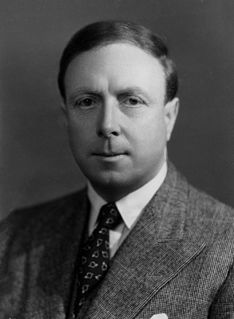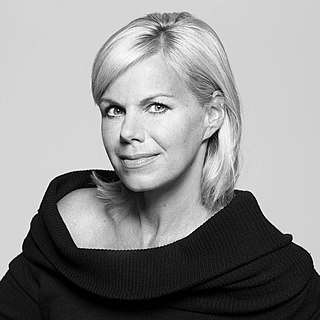A Quote by Galileo Galilei
Nothing physical which sense-experience sets before our eyes, or which necessary demonstrations prove to us, ought to be called in question (much less condemned) upon the testimony of biblical passages...
Related Quotes
Testimony is the beginning of and a prerequisite to continuing conversion. Testimony is a point of departure; it is not an ultimate destination. Strong testimony is the foundation upon which conversion is established. Testimony alone is not and will not be enough to protect us in the latter-day storm of darkness and evil in which we are living.
Among the older records, we find chapter after chapter of which we can read the characters, and make out their meaning: and as we approach the period of man's creation, our book becomes more clear, and nature seems to speak to us in language so like our own, that we easily comprehend it. But just as we begin to enter on the history of physical changes going on before our eyes, and in which we ourselves bear a part, our chronicle seems to fail us-a leaf has been torn out from nature's record, and the succession of events is almost hidden from our eyes.
Every time the diaphragm winks, the camera repeats the question that now travels through cyberspace and invades, as a modern virus, the memories of machines, men and women. The question that history sets forth. The question which forces us to define ourselves and whose answer makes us human: On which side are you?
Our possibilities of happiness are already restricted by our constitution. Unhappiness is much less difficult to experience. We are threatened with suffering from three directions: from our own body, which is doomed to decay and dissolution and which cannot even do without pain and anxiety as warning signals; from the external world, which may rage against us with overwhelming and merciless forces of destruction; and finally from our relations to other men. The suffering which comes from this last source is perhaps more painful to us than any other.
Life is no straight and easy corridor along which we travel free and unhampered, but a maze of passages, through which we must seek our way, lost and confused, now and again checked in a blind alley. But always, if we have faith, a door will open for us, not perhaps one that we ourselves would ever have thought of, but one that will ultimately prove good for us
We are not called on to believe this or that doctrine which may be proposed to us till we can do so from honest conviction. But we are called on to trust--to trust ourselves to God, being sure that He will lead us right--to keep close to Him--and to trust the promises which He whispers through our conscience; this we can do, and we ought to do.
I discovered that it is necessary, absolutely necessary, to believe in nothing. That is, we have to believe in something which has no form and no color--something which exists before all forms and colors appear... No matter what god or doctrine you believe in, if you become attached to it, your belief will be based more or less on a self-centered idea.
Meditation isn't just something we do to make ourselves more peaceful and to take some of the stress out of our lives. We do it because it's the only direct experience we can have of knowing God. Because God is that which is indivisible. Everything else in the universe, in the physical world, is divisible. Up and down, good and bad, right and wrong, male and female, and so on. But that which is indivisible in our physical experience is called silence. And when you get into silence, you're coming to know the indivisibleness of your life - and that's conscious contact.
In our concern for others, we worry less about ourselves. When we worry less about ourselves an experience of our own suffering is less intense. What does this tell us? Firstly, because our every action has a universal dimension, a potential impact on others' happiness, ethics are necessary as a means to ensure that we do not harm others. Secondly, it tells us that genuine happiness consists in those spiritual qualities of love, compassion, patience, tolerance and forgiveness and so on. For it is these which provide both for our happiness and others' happiness.
Many biblical passages teach that we're not saved by our own efforts but by the grace of God alone. But the same passages also tell us good works are an essential evidence of the salvation experience. We're not saved by good works, but for good works. It begins with God's grace, and it's sustained by his grace as you shape your character by what you do as you cross the bridge.
We're not in the physical world. The physical world is in us. We create the physical world when we perceive it, when we observe it. And also we create this experience in our imagination. And when I say "we," I don't mean the physical body or the brain, but a deeper domain of consciousness which conceives, governs, constructs and actually becomes everything that we call physical reality.
Our faith is what inspires us to reach out and volunteer to help others. As a child my parents taught me the biblical charge, "To whom much is given, much is expected," and faith guides me that way. And I believe, especially in this day and age, it's vital that we provide our children with a foundation from which to build their lives - one that gives them a sense of purpose.





































